As COVID-19 disrupts life for billions of people around the world, it also calls into question the very notion of fieldwork and compels us to reflect on the practices that we take for granted. In what follows, three PhD students explore how the pandemic is affecting our fieldwork, prompting us to consider alternative approaches to being in the field and doing ethnography while bodily distancing.
Elise Hjalmarson reflects on research ethics from her attic apartment in Madrid where she was in the early stages of participant recruitment and observation among Latin American migrants, notably Cubans and Ecuadorians.
Nina Teresa Kiderlin shelters-in-place in Chicago where she had just moved for a predoctoral fellowship at Northwestern University and to conduct research on development of transnational legal orders through public and private actors.
Sonja Ruud lives and conducts field research in Luxembourg. While studying the country’s recent transition to fare-free public transportation, she explores ways to study mobility while being temporarily immobilised herself.
Together, we discuss emerging ethical concerns resulting from the unique physical risk that we now pose to each other, how technology might mediate our fieldwork interactions, and the shifting role of mobility in contemporary research practices.
Ethical Dilemmas, Old and New
The biomedical undercurrents of contemporary research ethics are well-documented. Ethical principles such as ‘do no harm’ and informed consent trace back to the abuse of marginalised, racialised, and incarcerated communities in medical experiments. As we wrestle with the potential biological risk that we now pose to our participants – and, indeed, they to us – we share the sense that our work has taken on unanticipated biomedical dimensions. The outbreak of COVID-19 and range of measures adopted in its wake also exacerbate inequalities, amplifying the risks for those of us interacting with groups that may not have access to health care, unemployment insurance, or other vital supports they require. Such considerations underscore the salience of reflexivity.
COVID-19 may not discriminate, but neither does it place us equally at risk.
Our ability to mitigate our potential exposure is bolstered by our relative privilege as young white women with health insurance, no child-care obligations, and as citizens of Western/European states. From her apartment in Madrid, one of the outbreak’s early epicentres, Elise is conscious that her own situation pales in comparison to that of many of her informants. Our field sites, while differentially affected, remain politically stable, insulating us from the worst social and economic effects of the present moment.
Although our field sites—macro and micro—vary, we are each embroiled in unforeseen ethical debates, particularly around our presence in or withdrawal from public space. These are not decisions we confront for ourselves or our interlocutors alone, but for everyone who frequents these shared arenas. In Sonja’s case, minimising time spent in public entails a retreat from the transit vehicles and hubs which were previously key sites for her ethnographic research. While public transportation in Luxembourg is still operational, she temporarily avoids using these spaces for research purposes in deference to those for whom public transit remains essential to their livelihoods.
As we consider a way forward, some of our ethical questions only time can answer. When will it be reasonably safe for us and our informants to continue in-person observation or interviews? As the outbreak slows and we reach for a ‘new normal’, how will we temper the ethical imperative to care for, respect, and protect our participants with the urgent need for informed policy solutions? How do we ensure that efforts to protect the most marginalised, both before and during the outbreak, do not result in their exclusion from important discussions about how to move forward as a society?
While there are additional ethical dilemmas to explore pertaining to the social, material, and spatial, we believe that there is merit to prioritising physical dimensions directly related to our health and safety—dimensions which prompt us to reconsider how to do ethnography while maintaining bodily distance.
Virtual Research
As researchers, some of our most pressing questions revolve around the communities we work with moving online. Recent work develops ‘Netnography’ and big data analysis, but the implications of COVID-19 reach extensively further than we imagined. Most online ethnography focuses on specific arenas of social life, such as bitcoin trading or gaming. Yet now, cyberspace is a site we all navigate through virtual research. This is not just an issue for seasoned scholars; the lack of training and knowledge of tools which facilitate ethnography online is prevalent across academic generations. The three of us, having completed our prior studies in different countries, received limited training in online research, security, or safe data management/storage.
Mediating research through technological devices might be a source of concern, but it also presents opportunities. Video technology allows for invited glimpses into the private lives of our interlocutors, as well as for us to virtually enter each other’s homes. Will this create intimacy and allow for further insights than would be possible by an interview in public or office space?
We must also educate ourselves on ‘new’ risks for participants online. Privacy concerns are ever more pressing in the wake of governments employing sophisticated technological surveillance techniques to combat COVID-19. Whilst these might be needed to contain the spread, we should avoid becoming complicit in these practices, particularly given anthropology’s colonial history. ‘Observing’ people online creates issues of possible metadata analysis, data protection, and traceability, as well as security concerns in online interactions, especially with marginalised communities or those at risk.
To offer our participants anything resembling ‘informed consent’ and confidentiality, we must know what we are asking people to consent to and the limits of anonymity we can offer online.
While keen to make use of the technological resources available to us, we remain uncertain about some of their ramifications for our fieldwork. Affinity, trust, and the comfort to speak freely may not be so easily established virtually. Will phone or video calls permit us to broach the same topics with our interlocutors, including the personal, intimate, or taboo? Confined to our homes alongside family and other relations, do we have sufficient privacy to engage virtually with our interlocutors? Nina recruits interviewees via snowball sampling and wonders about building rapport with individuals she meets solely online. Is ethnographic bonding as effective via virtual channels? Both Elise and Nina are hesitant to schedule interviews in a time of personal upheaval, while Sonja has found her participants remain eager to share their experiences via virtual interviews.
Social life and interactions with research communities are shifting fundamentally through COVID-19. We avoid each other on the sidewalk and in the aisles of supermarkets – how will this behaviour translate to cyber interactions? Given the option, will our participants opt for virtual over in-person interviews? How might the mediation of technological devices, our inability to observe body language, or gauge inferred meanings influence our work?
Fieldwork (Im)mobility
While temporarily immobilised during this time – albeit to different degrees – we are all acutely aware of the centrality of mobility to our research practices. For many anthropologists, mobility is not just a methodological staple but part and parcel of our shared disciplinary identity.
Many researchers’ travel plans are disrupted by the pandemic, while others who already traveled to a field site only to be confined to their apartments must now decide whether or how long to stay.
The ability to leave – or even to contemplate leaving – is undoubtedly a privilege.
Each of the three of us inhabit multiple geographies, between our university in Switzerland, our home countries, and our field sites. Nina and Elise are both debating whether to stay in their field sites, a process which entails a comparative evaluation of different locales. Our uncertainty about how long this period will last complicates such decisions. Yet we are also aware that most people – including, perhaps, many of our participants – do not have options to weigh. Elise’s personal decision-making is complicated by her awareness of her interlocutors’ immobility, some of whom are no longer in Spain by choice but seek to participate in voluntary return programs – sometimes referred to as ‘soft-deportation’ – as a means of going back to their countries of origin.
Unlike her colleagues, Sonja is conducting field research in the place where she was already living, sparing her the tough decision of whether to stay or go. However, mobility is critical to her research on public transportation in Luxembourg, in both thematic and methodological terms. Prior to being confined to her apartment, she spent much of her time in transit: conducting participant observation in buses, trains, and trams and traveling around the country for interviews. Now, she is increasingly dependent on mobile technologies to maintain contact with interlocutors and to follow transport developments via news and social media.
As we each adapt to changing circumstances, we wonder how these experiences of immobility may affect ethnographic practices.
Will more researchers be inspired to explore possibilities for fieldwork at a distance, or will we become further convinced of the importance of moving our own bodies in order to be physically present with our interlocutors? Many of us, in our personal lives, are increasingly conscious of how the carbon emissions produced by our mobilities contribute to climate change. Yet we are slower to think collectively and reflexively about the centrality of mobility to our methodologies. While none of the authors argue that anthropologists should no longer travel beyond their home cities or countries, we contend that it is time to think critically about our modes and rates of travel—for fieldwork as well as conferences.
Uncharted Territory
Despite feeling that our fieldwork plans are at an impasse, there is no doubt that we are still practicing ethnography in our everyday lives. In our varied situations, we continue to wrestle with how to do ethnography while practicing bodily distancing. Will virtual communication prove a poor replacement for in-person interactions, hindering ethnographic bonding?
In the meantime, how can we ensure that the safety of our interlocutors – not to mention our own health – takes precedence over institutional timeframes, supervisory expectations, career goals, and our own funding and academic deadlines?
The present moment also reveals a need for ‘reskilling’. In preparing for fieldwork, none of us anticipated anything like this, and therefore lack a contingency plan to shift our research away from in-person interactions. While we cannot predict the arrival of the next pandemic, these experiences may change how we prepare for and conduct fieldwork as we expand our knowledge of technological and methodological tools. It is also critical that we create and maintain social safety nets, as researchers arriving in field sites distinct from their permanent homes are rendered more vulnerable by their social isolation.
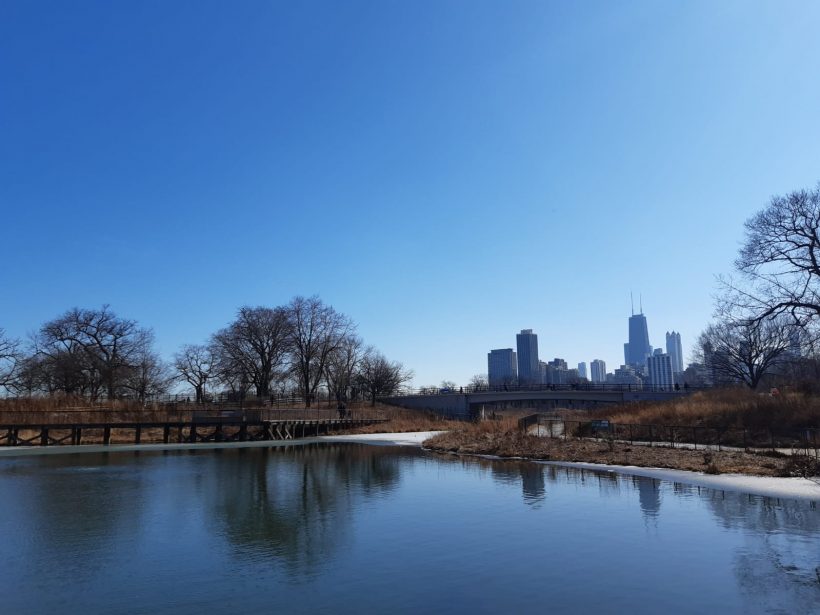
We wonder: will our shared experiences of having lived (together, yet apart) through the multiple crises generated by COVID-19 contribute to further breaking down the divide between researcher and participant, or ‘insider’ and ‘outsider’? Will it create new common ground, bridge gaps, or build solidarity across otherwise fragmented communities?
When the dust settles, will new forms of political allyship emerge? What opportunities might these produce for fieldwork?
Some things are clear: 2019 and the world pre-coronavirus are already far behind us. As field researchers in these uncertain times, we are navigating uncharted territory.



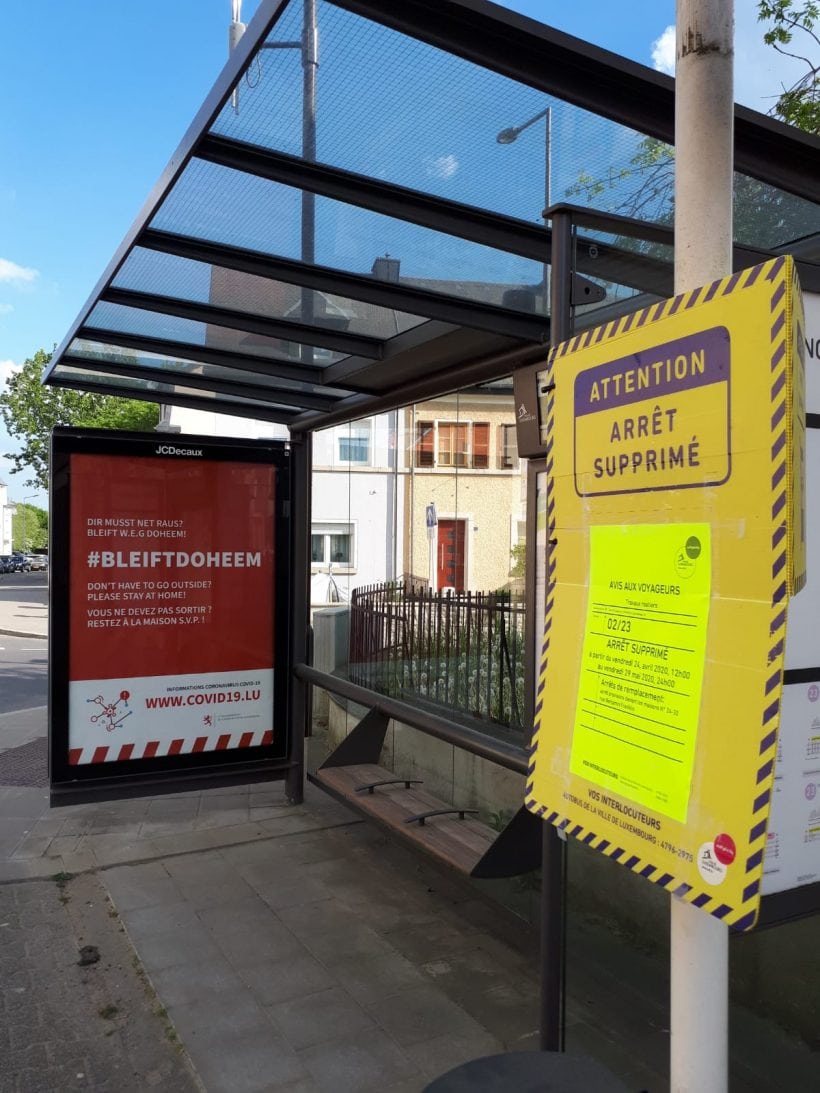
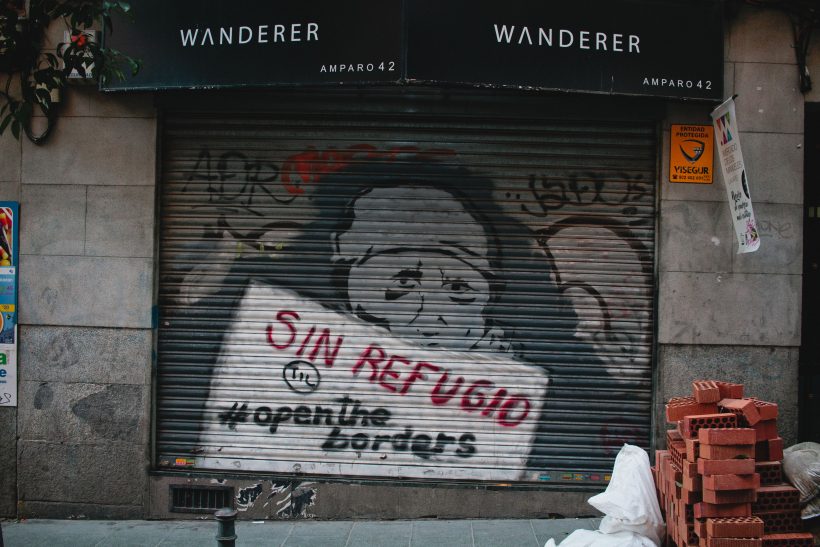



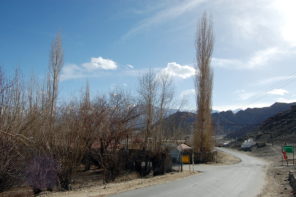

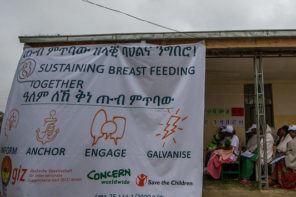

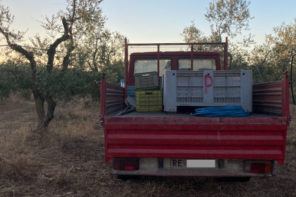
What if the very nature of the phenomena under analysis are changing dramatically? In another words: maybe it’s not just the methodological approach that has to be adapted (or replaced), but the whole research approach…
Really enjoyed reading this as I prepare for my own MA dissertation in Theology. Inspiring women who have been caught up in this difficult time and have raised some fantastic questions. Excellent food for though
This article and others in the series just bolstered a lingering thesis on the world becoming a tightly “compressed community”. The almost universal and simultenous experiencing of one common set of existential threats creating optics on the burgeoning features of social action and interactions and on the very fabric of what it is to be social in the current “pandemicene”.